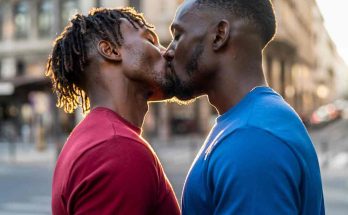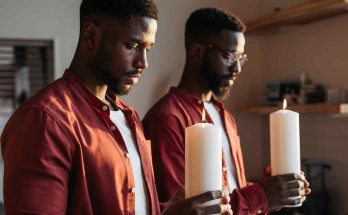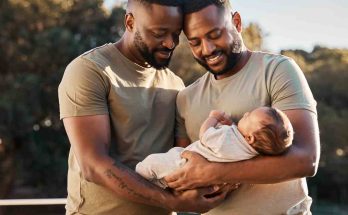By Great Maxwell.
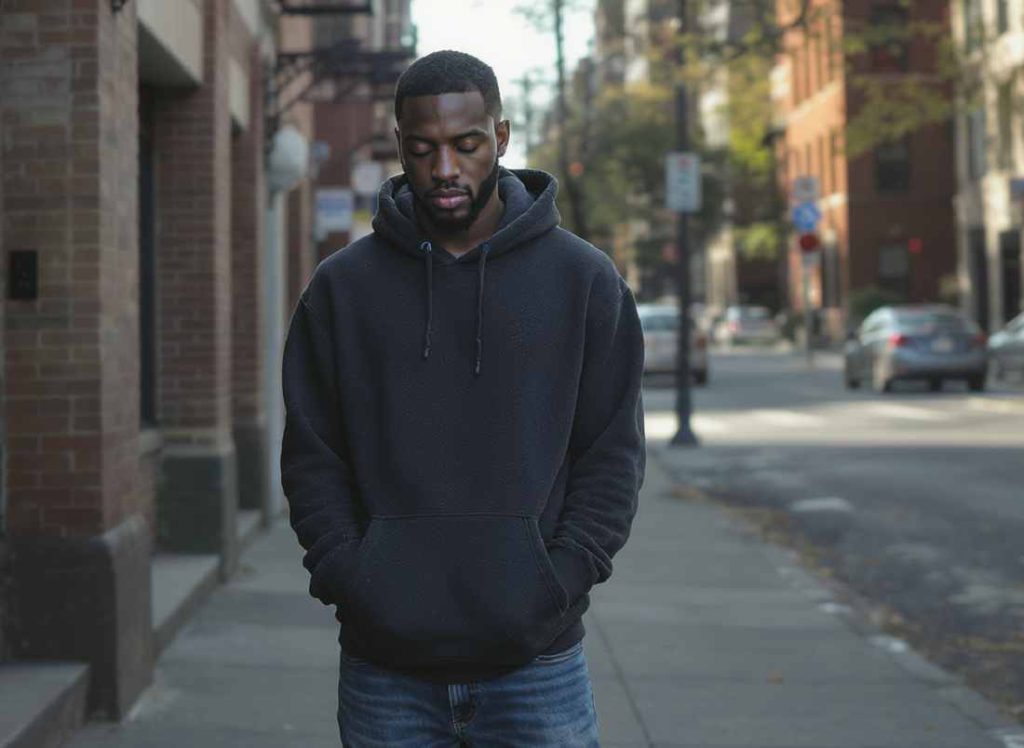
Warning: This piece contains accounts of forced religious “deliverance,” spiritual coercion, and sexual abuse that may be triggering. If you are in an unsafe situation, currently distressed, or sensitive to themes of conversion practices, consider postponing reading and seeking support.
Nigeria is one of the most dangerous places for LGBTQ+ people. The draconian Same Sex Marriage Prohibition Act (SSMPA) severely restricts LGBTQ+ rights and fuels intense family and societal pressure (Human Rights Watch, 2016)2.
The Same Sex Marriage Prohibition Act criminalises same‑sex relationships, public displays of same‑sex affection, and organisations that support LGBT rights, carrying penalties up to 14 years’ imprisonment for entering, solemnising, or promoting such unions and for running or supporting LGBT organisations or events. Beyond court prosecutions, the law fuels harassment by police, landlords, employers, religious bodies, and community members, and deters people from seeking health, legal, and social services (Same Sex Marriage Prohibition Act, 2013)5.When a person comes out as gay in this environment, one of the most common and damaging reactions is forced religious conversion therapy—a dangerous and globally discredited practice aimed at changing a person’s sexual orientation through rituals, prayer, or “deliverance” sessions.
These harmful attempts at conversion are widespread. Data shows that nearly 50% of queer Nigerians have reported being subjected to these practices at one point in their lives, often by their parents or immediate family. Experiencing this, especially as a young adult or younger, frequently results in severe trauma, depression, and suicidal ideation (OutRight International, 20224; Agbaje, 2022)1.
These untold stories reveal the mental struggles and abuse inflicted by the very people who are meant to provide protection and support. By sharing my journey, I hope to show that sexuality is an inherent part of who we are, not a choice that can be erased by faith or beliefs, and that exposing young queer people to conversion therapy only causes profound and lasting harm.
Discovering My Identity
Growing up, I always knew I was gay. It wasn’t a sudden discovery, like finding a hidden talent I never knew I had. It was quiet and natural — a constant part of me that had always been there, woven into the fabric of who I am. For a long time, it felt as natural as breathing and caused no confusion or conflict. But as I grew older and began to understand the world better, I also realised that I belonged to a group society often saw as an anomaly. And that made me sad.
My family likely had suspicions during my childhood, and as I grew older, but in our culture, if you don’t confirm it, it doesn’t exist. No one asked directly. It was one of those uncomfortable truths no African parent wants to confront.
University Life: Secrets from home
After high school, I moved to Delta State University, sharing a room with my older brother. We frequently argued when my friends visited. He would make incredibly hurtful comments about them, calling them obvious homosexuals doomed to hell for their “demonic” acts. I dismissed it as typical homophobia rooted in Nigerian society, never realising the anger came from his own hidden struggles.
Internalised stigma, like homophobia, can cause people to direct their anger and contempt towards others who remind them of their own unwanted feelings. Psychologists call this projection, a kind of defensive mechanism, where a person casts their own unacceptable feelings onto others to avoid confronting them personally. This behaviour is very common in deeply homophobic environments like Nigeria, where legal, religious, and cultural sanctions increase stress and shame and can lead to several negative outcomes, such as discrimination, aggression and violence. When the aggressor is close to you (a sibling), their attacks sting more because they often target your social circle and personal values and know exactly where to strike to cause the most pain (Okanlawon, 2020)3.One evening, I attended a private gay party on campus. When I walked in, I saw my brother sitting with others, fully immersed in the scene.
This moment was shattering, but it also gave me the courage to finally think about coming out myself. It hurt to see how his denial of his own sexuality fueled his anger and cruelty toward me and others like us. Looking back, I can only imagine his inner struggles — how difficult it must have been to live with such conflict: hating a part of himself, resenting others who reflected it, and feeling so powerless that he could only acknowledge it in the quiet hollowness of night, when no one is looking.
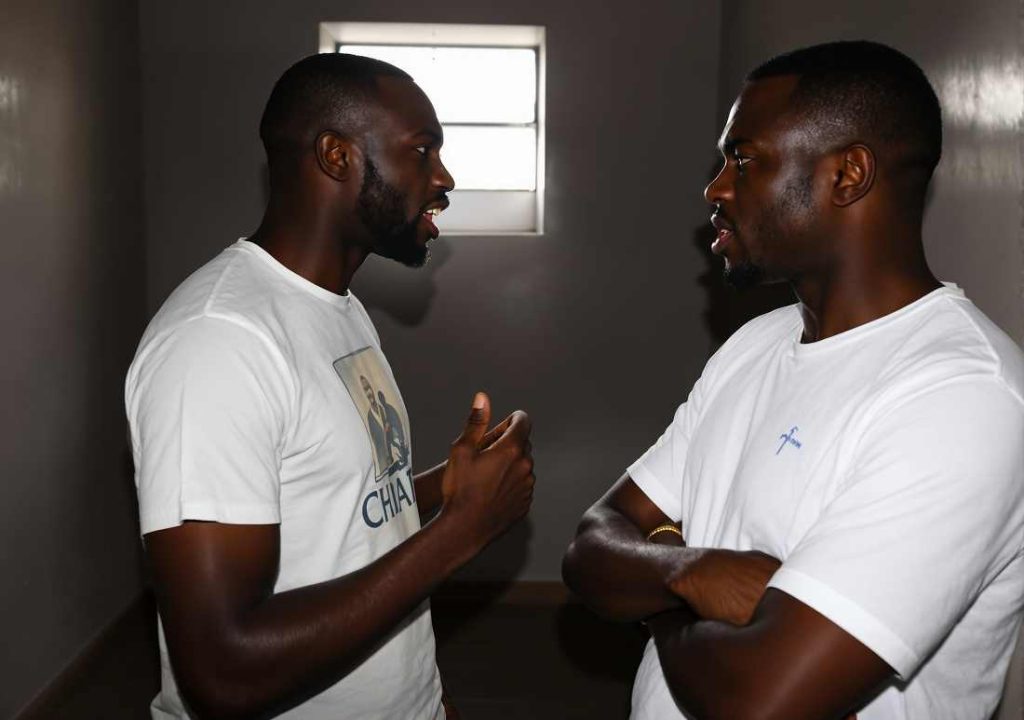
The Breaking Point: Confronting my brother
The next day, he denied everything, and we fought viciously about it. I felt close to depression, crying often and wondering why he couldn’t love and support me despite being like me. He turned what could have been my strongest pillar of support into another source of pain.
Months later, my father returned from London. I believed he would be understanding—more exposed, more open-minded—and could help me tell the rest of the family. If my brother were also gay, perhaps they would be more empathetic. Shaking with fear, I stuttered out the truth. My brother immediately denied everything, claiming he had never been involved with queer people. I know now it wasn’t my place to out him, but I was desperate for validation.
My father was surprisingly gentle; his primary concern was my safety in Nigeria, rather than my sexuality itself. My mother, however, was heartbroken. She cried, called me names, screamed at my father for being too soft, and quickly arranged a deliverance session with our pastor.
A violation in the name of faith
At the church, the pastor took me alone into a room and told me to undress completely. He claimed I needed to be naked for him to lay hands on me and anoint my body to drive out the “evil spirits” causing my gayness. I went along with it, even as it felt deeply wrong, just to please my mother. He poured olive oil on his hands, pushed me down, and began rubbing it on my private parts, claiming to remove the evil and spirit of homosexuality that plagued me.
The so-called “man of God” sexually abused me until he was satisfied. I was terrified and violated, but I went home unable to tell my mother the crime that had been committed under the cover of her faith.
The reality is that conversion therapy doesn’t work; it often causes lasting harm, including increased risks of depression, PTSD, and suicide among queer youth (Williams Institute, 20196; Okanlawon, 2020)3. After leaving the church, I went straight to my boyfriend’s house.
I never told my mother what happened. Some years later, I heard the priest was exposed and fired from the church after many young boys started sharing stories of his acts.
Scars and healing
It’s been a tough path ever since—trying to earn back my mother’s love, meeting unstated expectations, and simply building my life. My other siblings avoid the topic entirely, and my brother is now married to a woman, so no one questions him anymore.
When I graduated in 2017, I realised I didn’t need external validation to be me, and I didn’t have to beg anyone to love and accept me. Loving and fully accepting myself was what mattered the most. Nothing beats living honestly and authentically you!
Embracing visibility as a gay and proud Nigerian man has been my unyielding armour, a beacon of dignity in a world that tried to dim my light.
Trusted organisations and platforms for young queer Nigerians
- The Initiative for Equal Rights (TIERs) — Nigerian organisation offering advocacy, legal aid, a national LGBTQI+ hotline, sexual health services, research, and emergency support for sexual marginalised groups. https://theinitiativeforequalrights.org/
- Obodo Nigeria — Youth‑led group offering community, arts, skills programmes, and peer support for queer Nigerians. https://obodonigeria.org/
- Bisi Alimi Foundation — Programs focused on education, skills training, and economic empowerment for LGBTQ+ Nigerians. https://bisialimifoundation.org/
- Minority Africa / online counselling initiatives — Features and reports on safe, confidential online counselling services that support LGBTQ+ Nigerians’ mental health. https://minorityafrica.org/
- Rights in Exile — Nigeria resources — Country‑specific legal, protection, and organisational listings for LGBTQI+ people in Nigeria. https://rightsinexile.org/
Check organisations’ safety/privacy statements before sharing personal details. If possible, use a secondary email or anonymised account when contacting organisations or joining groups, especially if you’re concerned about family or workplace safety. If you face immediate family or legal danger, prioritise physical safety first, e.g., going to stay with a trusted friend.
References
- Agbaje, A. (2022, September 12). Coming out in Nigeria is a difficult journey. Minority Africa. https://minorityafrica.org/coming-out-in-nigeria-is-a-difficult-journey/
- Human Rights Watch. (2016). “Tell me where I can be safe”: The impact of Nigeria’s Same Sex Marriage Prohibition Act. (Report). Human Rights Watch. https://www.hrw.org/report/2016/10/20/tell-me-where-i-can-be-safe/impact-nigerias-same-sex-marriage-prohibition-act
- Okanlawon, K. (2020) ‘Homophobia in Nigerian schools and universities: Victimisation, Mental Health Issues, Resilience of the LGBT Students and support from Straight Allies. A Literature review’, Journal of LGBT Youth, 18(4), pp. 1–33. Available at: https://doi.org/10.1080/19361653.2020.1749211
- OutRight International. (2022). The nature, extent and impacts of conversion practices in Nigeria. (Report). OutRight International. https://outrightinternational.org/sites/default/files/2022-09/The_Nature_Extent_and_Impacts_of_Conversion_Practices_in_Nigeria_Web.pdf
- Same Sex Marriage (Prohibition) Act 2013, Pub. L. No. 30 (2013). Nigeria. Available at: https://placng.org/lawsofnigeria/laws/SSMPA.pdf
- Williams Institute. (2019). Conversion therapy and LGBT youth [Update]. Williams Institute, UCLA School of Law. https://williamsinstitute.law.ucla.edu/publications/conversion-therapy-and-lgbt-youth/
